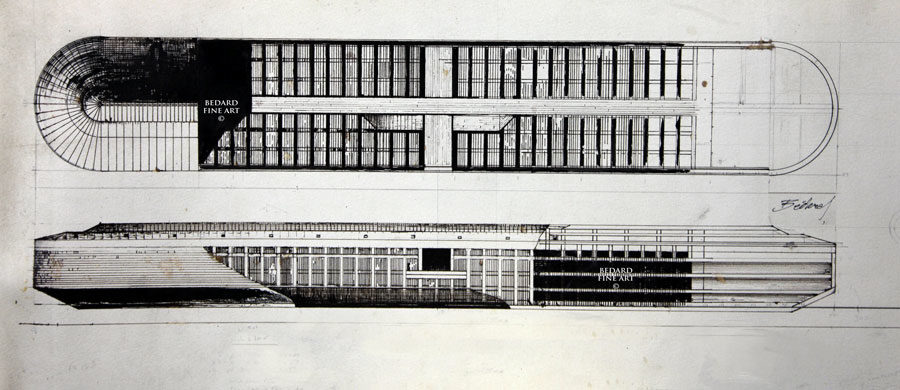Genesis 6
Jehovah’s Reasons for Judging the Earth (6:1-8)
The Corruption of Creation (vv.1-4)
2 Peter 2 and Jude reason from this very passage in their warnings of judgment to fall on apostate infiltrators in Christendom.
The Corruption of Man: Decision to Judge the World (vv.5-7)
Noah: A Remnant According to God’s Sovereignty (v.8)
The Ark: God’s Provision for Salvation (6:8-13)
The History of Noah (vv.9-13)
The order here is not their birth order. In Gen. 11:10 we learn that Shem was a hundred years old when he begat Arphaxad, which was two years after the flood. Yet we read that Noah was five hundred years old when he began to have children, and the flood took place in his six-hundredth year. Therefore, Noah's oldest son must have been a hundred years old at the time of the flood, while Shem was only ninety-eight. Japheth therefore must have been the elder, as he is called in Gen. 10:21, "Japheth the elder". Ham is explicitly called Noah's "youngest son" (Gen. 9:24). The birth order is thereby fixed: Japheth, Shem, and Ham. However, Shem is usually listed first because Israel and the Messiah came through the line of Shem.
